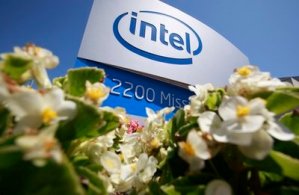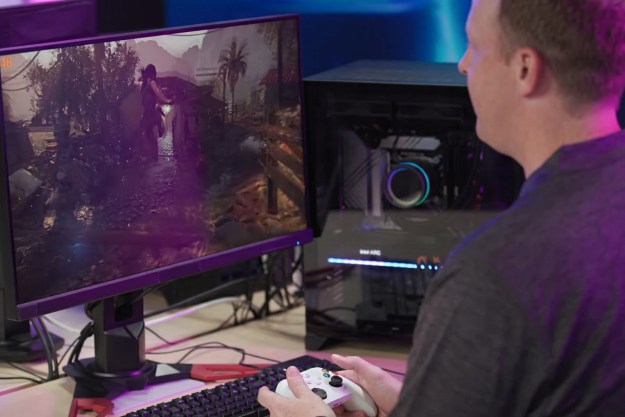
The world may still be in the throes of a major economic slowdown…but you wouldn’t know it to talk to chipmaking giant Intel: the company has announced record-setting earnings for the fourth quarter of 2010, including net income of $3.4 billion, operating income of $4.3 billion, and overall revenue of $11.5 billion. The numbers not only beat Wall Street estimates for how well the company would perform, but set records for all three financial metrics.
Intel CEO Paul Otellini was succinct in his summary of the results: “2010 was the best year in Intel’s history. We believe that 2011 will be even better.”
Intel’s net income of $3.4 billion is up 15 percent compared to the third quarter of 2010, and up a whopping 48 percent compared to the same quarter a year ago. Although increases in net revenue are more modest—up three percent compared to the previous quarter and eight percent compared to the previous year—operating income so a jump of almost 74 percent compared to a year ago, although up five percent compared to the previous quarter.
The financial results also serve to highlight the shifting nature of Intel’s business. Results for the company’s PC processor business—responsible for CPUs and chipsets used in traditional PCs and notebooks, along with Intel’s Atom line—were flat for the quarter, where Intel’s data center group saw a 15 percent increase in sales compared to the third quarter. Intel also saw increases in purchases from businesses and enterprise, which helped offset decreased purchases in the consumer segment.
Industry watchers expect Intel to benefit from the looming boon in tablet computing, particularly as tablets are adopted by enterprises and large organizations: not only is Intel positioning itself as a leading processor and component developer for tablet devices, but tablets will need to be supported by server infrastructure—and Intel will be right there with Xeon-powered servers. The company expects revenue for the first quarter of 2011 to reach $11.5 billion (±400 million) with gross margins near 64 percent.
Of course, Intel won’t be alone in the tablet market, and faces stiff competition from the broad ARM chip ecosystem, which currently powers a number of tablet and smartphone devices (including the iPad)—and recently got a nod from Microsoft when it announced it plans to bring Windows 8 to ARM-based devices. Intel doesn’t seem to be worried, however, and believes its Atom line of processors can (and does) compete favorably with ARM and MIPS processors in not only embedded systems, but also consumer electronics, smartphones, and tablets.
Editors' Recommendations
- What to do if your Intel CPU keeps crashing
- No, Intel isn’t blaming motherboard makers for instability issues
- Intel Battlemage graphics cards: release date speculation, price, specs, and more
- I’ve used Intel CPUs for years. Here’s why I’m finally switching to AMD
- Some Intel CPUs lost 9% of their performance almost overnight


